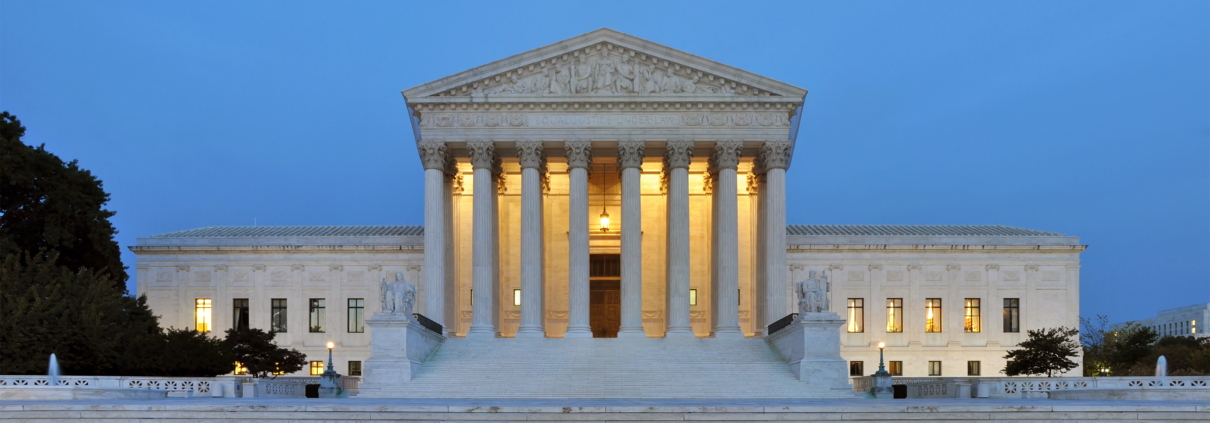In the Aftermath of Van Buren v. United States
By CHHS Extern Mike Rovetto
A few weeks ago, the Supreme Court released its decision in Van Buren v. United States, and the implications this case has for nearly every business and employer in the country could be potentially staggering. Before going into the implications of the case, a brief introduction is warranted.
A more perfect case could not have been presented to the Court to answer the question of what “exceeding authorized access” means under the Computer Fraud and Abuse Act (CFAA). Van Buren centered around a police officer who sold information that he procured from the state DMV to an undercover FBI informant. Van Buren had procured the data using his valid police credentials to log into the police database and download the files.
The FBI charged Van Buren for violating the CFAA, a 1986 law that makes it a crime to illegally access a database. The CFAA has been deemed the federal computer trespass law which subjects anyone to criminal liability who “intentionally accesses a computer without authorization or exceeds authorized access.” Van Buren was ultimately convicted of the charge and on his appeal to the Eleventh Circuit, argued that “exceeds authorized access applies only to those who obtain information which their computer access does not extend, not to those who misuse access that they otherwise have”. The circuit denied his appeal, which led to the Supreme Court of the United States granting a writ of certiorari. Van Buren’s argument before the Court revolved around one basic idea; the CFAA only criminalized accessing files that one is not authorized to access; it did not criminalize misusing information that one did have authorization to access.
In a 6-3 decision, the majority ruled in favor of Van Buren’s view that the language of the CFAA only prohibited illegally accessing data (i.e., hacking), it did not prohibit illegal misuse of data that one was able to lawfully access. The Court came to the correct conclusion. Professor Orin Kerr, a law professor and expert on cyberlaw from the University of California – Berkley, analogized this case perfectly: essentially, this case boils down to criminalizing a contract dispute. Every citizen in the US should rightly shudder at a police officer violating their privacy in such a way, Van Buren’s actions (by accessing the database) criminal. What Van Buren did by accessing the database was certainly a firing offense, but one would not expect to be led out of a workplace in handcuffs because you accessed Facebook or sent a personnel email in violation of the company’s computer policy. A result the majority feared could happen considering the government’s policy on the subject which does not ban criminalizing conduct based solely on contractual disputes.
Highlighting an interesting point raised by Justice Thomas in his dissent, the Justice notes that Van Buren’s actions were similar to that of a property trespasser (defining a trespasser as someone who has legal access to a property for one purpose, but enters the property for another ulterior purpose, then he is trespassing.) The Justice then continues with this: “What is true for land is also true in the computer context; if a company grants permission to an employee to use a computer for a specific purpose, the employee has no authority to use it for other purposes”. This analogy is curious considering that in 2017, Justice Thomas joined Justice Alito’s concurrence in Packingham v. North Carolina, which rejected equating the cyberworld to the physical world. Regardless, the Justice’s example here still equates to a contract dispute. Fireable? Yes. Criminal? No.
In an interesting turn of events, the Court remanded back to the Ninth Circuit Linkedin v. hiQ, a case which stems from mining data off Linkedin user profiles after a cease-and-desist letter was ignored by hiQ. The Court remanded the case to determine if its Van Buren decision affected the lower circuits decision in how it interpreted the CFAA. The outcome of that case could land back in the hands of the Supreme Court in the coming years.



